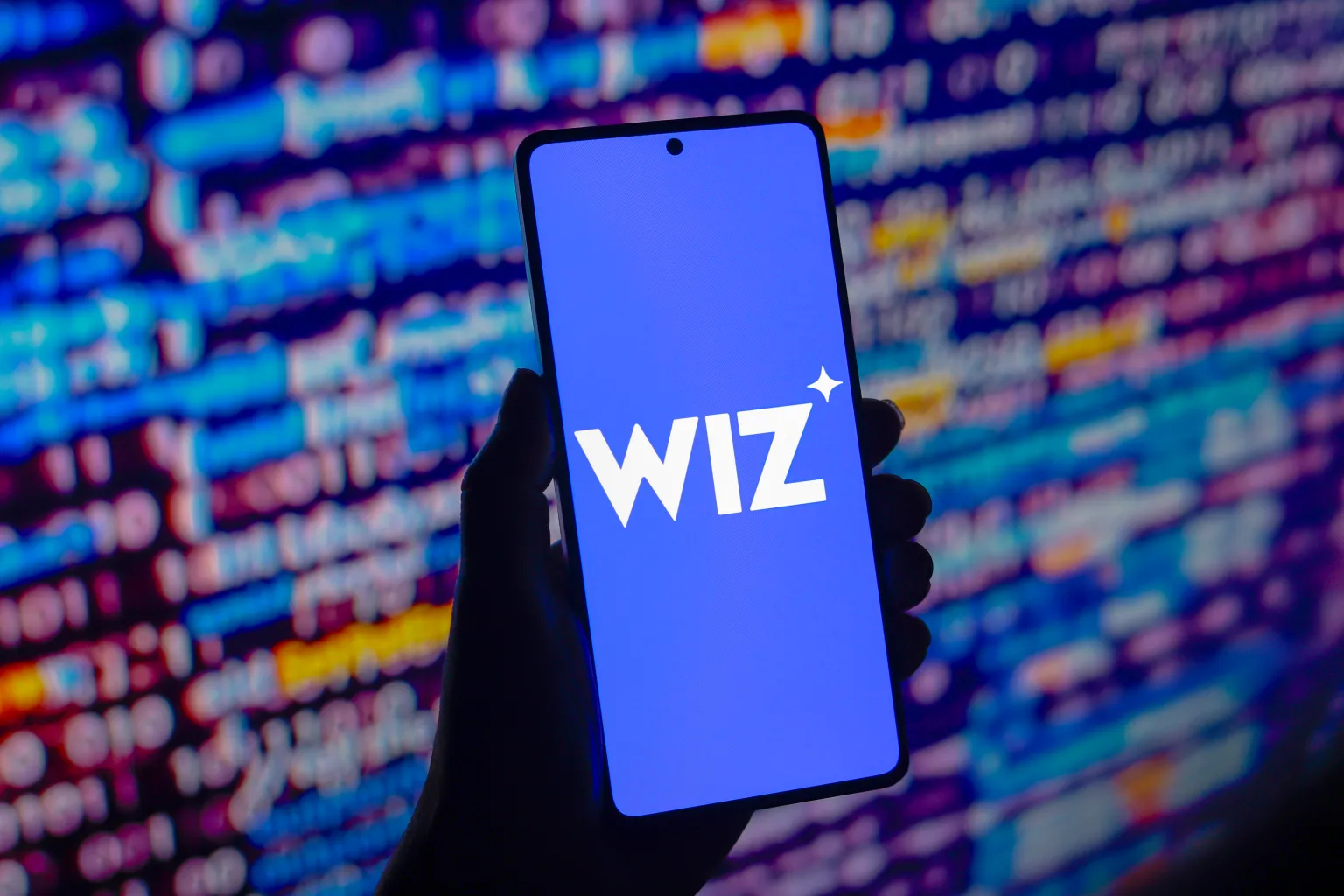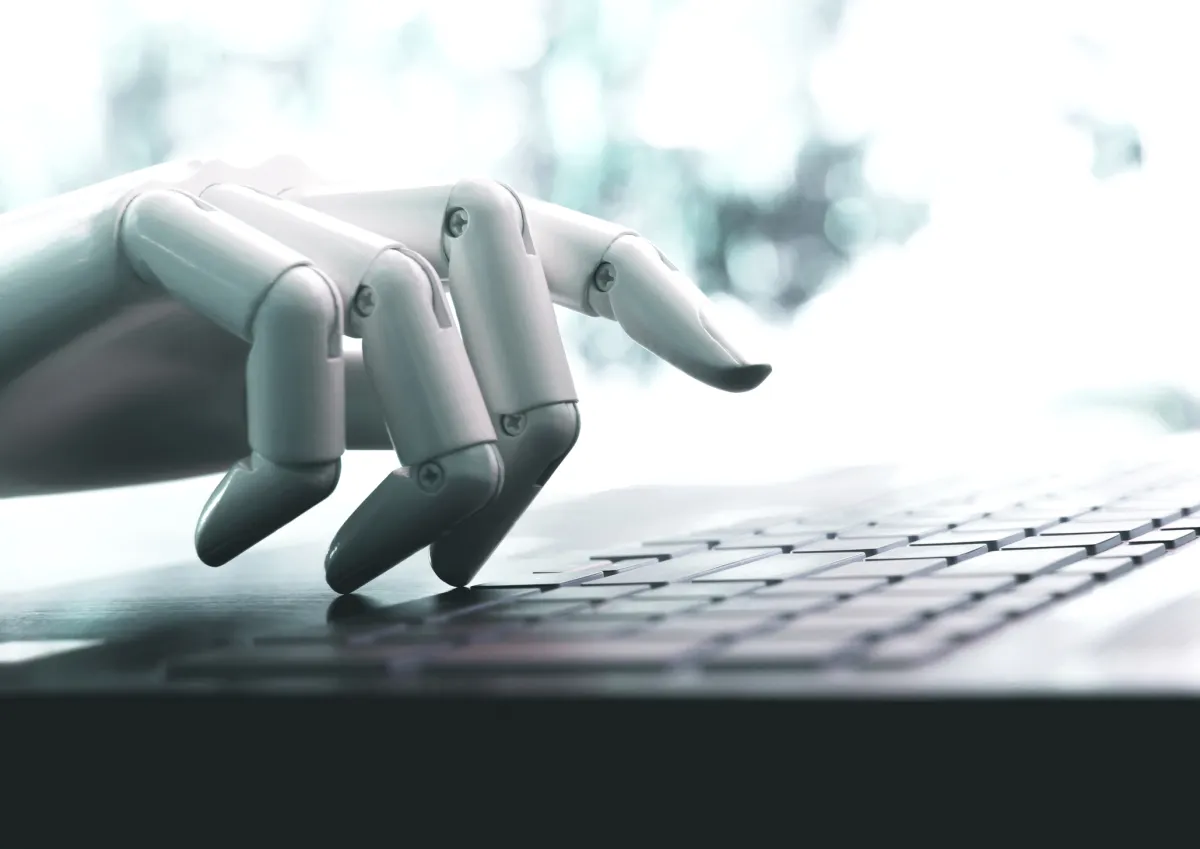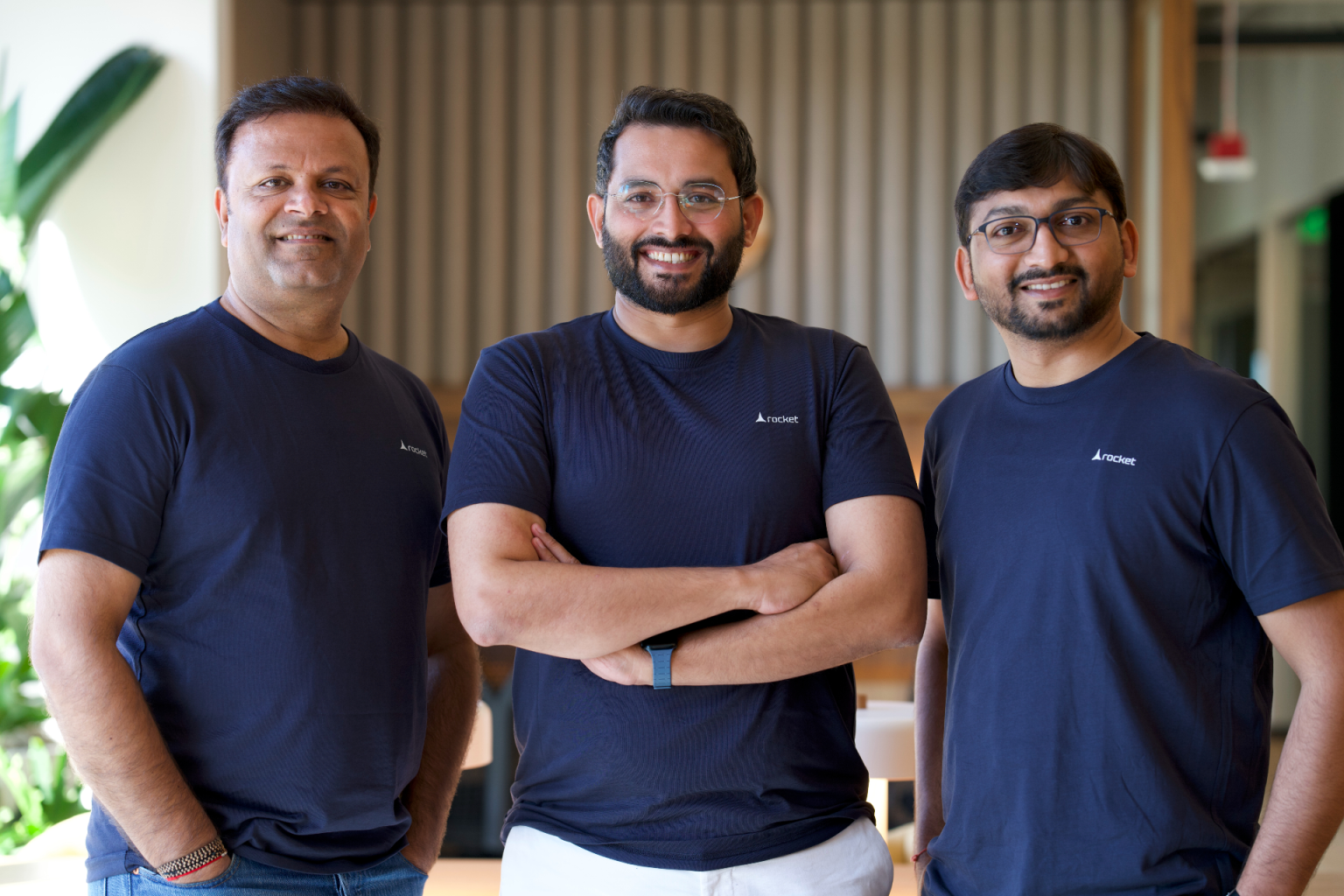Artificial intelligence is reshaping the enterprise world at lightning speed. But as with every major technological shift, attackers are moving just as fast sometimes faster.
Ami Luttwak, Chief Technologist at Wiz (recently acquired by Google for $32 billion), recently highlighted a critical truth: cybersecurity has always been a mind game. With AI adoption accelerating, that game is becoming far more complex.
The Double-Edged Sword of AI in Development
Developers are embracing AI tools like vibe coding and AI agents to ship code faster. The productivity gains are undeniable but speed often comes with tradeoffs. Wiz’s research has shown that many AI-assisted applications introduce insecure implementations, especially around authentication systems. In many cases, security flaws are not intentional; they happen simply because developers didn’t explicitly instruct AI agents to build securely.
This tradeoff shipping quickly vs. building securely, is now a universal challenge. And while enterprises race to leverage AI, attackers are doing the same.
ALSO SEE: OpenAI & Anthropic Unite on AI Safety Testing
Attackers Are Now Using AI Prompts
Today’s adversaries aren’t just coding exploits manually; they’re using AI prompts and their own coding agents to accelerate attacks. From tricking enterprise AI systems into exposing sensitive data, to issuing malicious instructions like “delete the machine” or “exfiltrate secrets,” attackers are adapting AI for offensive purposes.
The Rise of AI Supply Chain Attacks
New internal AI tools also introduce fresh entry points for attackers. Recent incidents underscore this risk:
- Drift breach (2025): Attackers compromised tokens used by Drift’s AI chatbot, exposing Salesforce data from major enterprises like Google, Cloudflare, and Palo Alto Networks.
- “s1ingularity” attack (2025): Malware injected into Nx, a widely used build system, hijacked developer AI tools (Claude, Gemini) to autonomously scan and exfiltrate valuable data.
These cases highlight a dangerous reality AI can amplify the scope and speed of supply chain attacks, turning a single weak link into thousands of compromised environments.
Why Startups Must Think Security From Day One
As AI democratization fuels a wave of new SaaS startups, Luttwak emphasizes a non-negotiable: security must be part of the foundation, not an afterthought.
That means:
- Appointing a CISO early, even if the team is only five people.
- Building with enterprise-grade security features like audit logs, authentication, SSO, and access controls.
- Achieving compliance frameworks (like SOC2) early, before scaling makes it exponentially harder.
- Designing architectures that ensure customer data stays within the customer environment.
In Luttwak’s words: “From day one, you need to think about security and compliance. Before you write a single line of code.”
Defending at AI Speed
Enterprises and startups alike face the same reality: AI has embedded itself at every stage of the attack chain. From phishing to malware to developer tools, attackers are innovating as quickly as defenders.
This creates a powerful opening for cybersecurity startups. Whether in phishing protection, endpoint security, workflow automation, or what Luttwak calls “vibe security” (using AI to defend against AI), the market is wide open for innovation.
The New Security Mindset
The AI revolution is unfolding faster than any we’ve seen before. For security leaders, that means rethinking every layer of defense from development practices to runtime protection, from compliance to supply chain resilience.
At Techxnow, we believe the message is clear: if AI is accelerating business, it’s accelerating threats too. The winners will be those who embed security into their DNA, innovate with speed, and treat cybersecurity as a core strategy, not a checklist
sources ( Techcrunch )




